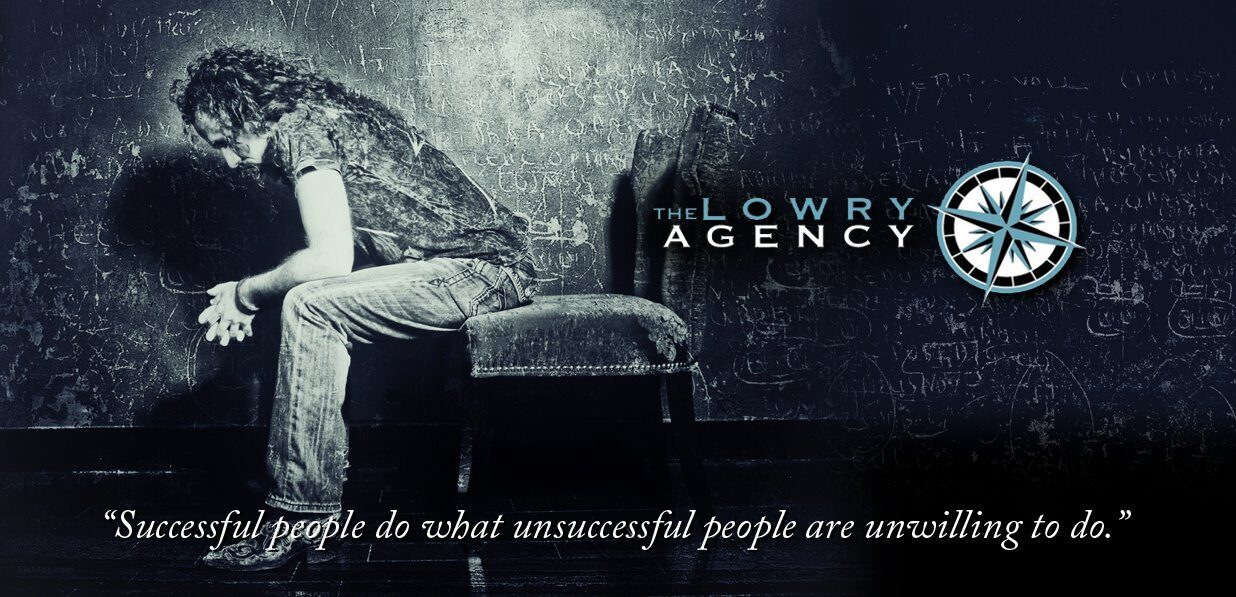Writing a Cover Letter and Submitting a Press Kit
Before you write a cover letter to someone in the entertainment industry, please make sure you research the company to learn all you can. This will give you a solid understanding of what they do. The information will help you decide whether or not you actually need the services they offer. Your letter should explain why you would be a good fit for their company. In previous blogs I have written, I have given details in which an artist can determine if they would need management at the particular point they are at in their career. An artist should try to figure out through research and phone calls if they are truly ready, or in need of the types of services they are inquiring about.
When writing a cover letter to someone in the entertainment industry, you must first understand a few things about what you bring to the table for them to consider you. The idea behind the cover letter and press kit you are submitting is to make it as easy as possible for them to review the information about you or your band and to give them the “WOW” factor. If they have to dig around to find information and if your press kit isn’t attention grabbing and compelling, then they are more likely to pass on it and throw it away.
Your cover letter should be professional and list your strengths. Ask yourself a few questions: Why do you think you are ready for their services? What is it about you that is unique? What do YOU have to offer that would make you be worth the investment of time, energy and hard work? Be truthful and positive about what you bring to the table. The artists represented by the company are a direct reflection on that company, so they want to make sure the artists they work with are professional and understand the business part of the entertainment industry. Make your letter short, to the point and friendly. Talk about your experience, fan base, reviews, touring experience and number of upcoming shows. Go through your material with a fine-tooth comb and be as accurate and professional as possible.
Image is everything and that goes for your press kit! So make sure it’s professional, complete with a professional CD, photos, one-page bio and other materials listed in my blog titled “The Promotional Kit” http://wp.me/pu8Se-v
Good luck on achieving your dream!
